March 6, 2009
|
In a seminar on Church Consultanting, I learned a concept that I found to be very helpful. You may have heard the Berry Bucket analogy before. You have four buckets of berries in your church.
- The Older Former Berries (those who are older than the pastor and were there when he arrived).
- The Younger Former Berries (those who are younger than the pastor and were there when he came).
- The Older New Berries (those older than the pastor but came since the pastor).
- The Younger New Berries (those younger than the pastor and have come since the pastor).
The Older Former Berries usually want the pastor to be a chaplain. The Younger Former Berries are mostly related to the Older Former Berries and are the “yes but” people. The Older New Berries are on board with the direction of the pastor and they bring some wisdom to the discussion. The Younger New Berries are the “Let’s Go” people.
The former berries can never get heavier. So a great deal of the pastor’s time is reaching and training new berries. And the closer you get to equilibrium, where the new berries equal in number the former berries, the level of conflict increases. You must count all four groups and help them know each other. And there should be a time in one’s ministry where the new berries outweigh the old berries. That, of course, requires reaching new people for Christ.
I found this very helpful when trying to transition Mainsteet Church to be an outward -ocused church whose purpose was to “See Everyone Become a Fully Devoted Follower of Jesus Christ.” How you treat each group is extremely important to the health of the church in transition.
If there are just a few new berries, it’s more difficult to make a significant transition. Some former berries may get on board with transition, but the greatest momentum in the transition will come when there are new berries. Hopefully a good percentage of new berries are people who have recently come to Christ and are being discipled.

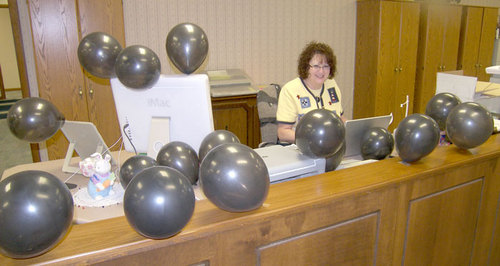
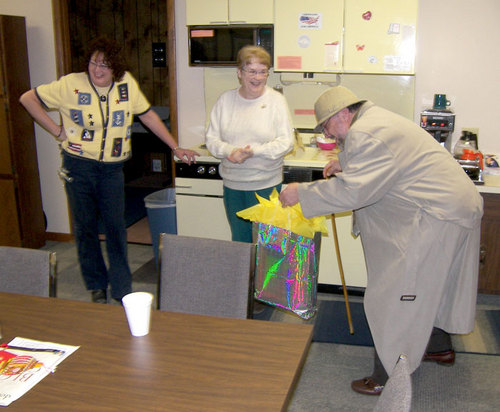
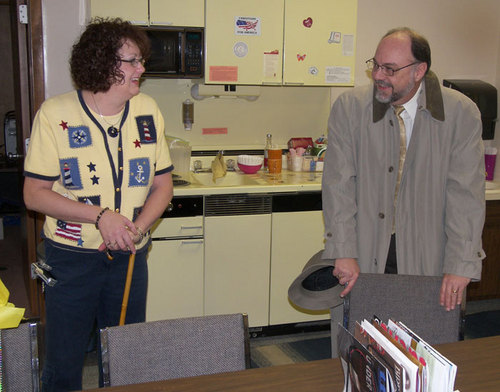
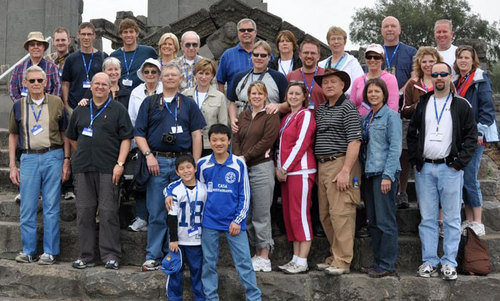
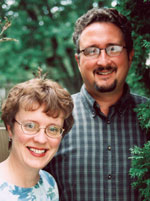 Global Ministries is bracing for the absence of Darlene Burkett, their hard-working, multi-tasking, highly organized administrative assistant. Tomorrow, March 17, she undergoes serious back surgery at Lutheran Hospital in Fort Wayne, Ind.
Global Ministries is bracing for the absence of Darlene Burkett, their hard-working, multi-tasking, highly organized administrative assistant. Tomorrow, March 17, she undergoes serious back surgery at Lutheran Hospital in Fort Wayne, Ind.